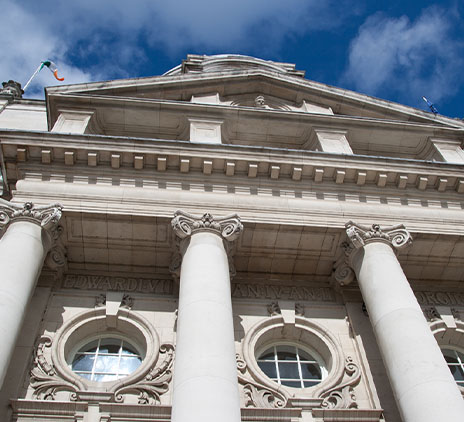Learn about the latest BIK rules for company vehicles effective 1 January 2025, including tax reductions, emission bands, and electric vehicle benefits.
Grant Thornton’s Budget Hub brings together expert analysis, commentary and resources across every stage of Ireland’s annual fiscal cycle. From the Summer Economic Statement and the Budget to the subsequent publication of the Finance Bill, our specialists deliver timely, actionable insights to help you understand the impact on your business and the wider economy.

Article
Company Vehicle BIK rules from 1 January 2025

Budget
Finance Bill 2024
Finance Bill 2024 implements tax measures from Budget 2025, addressing concerns and delivering key changes to the pension system.

Budget
Budget 2025: Commentary and Analysis
The Government announced the details of Budget 2025 on October 1 2024. Stay informed with comprehensive coverage, commentary and analysis from Grant Thornton's team of experts.
News & press
Budget Delivers For Most Households and Businesses
01 Oct 2024Budget 2025 offers relief for households & businesses with tax cuts, green incentives, & support for JAM families. However, property & investors face challenges.





